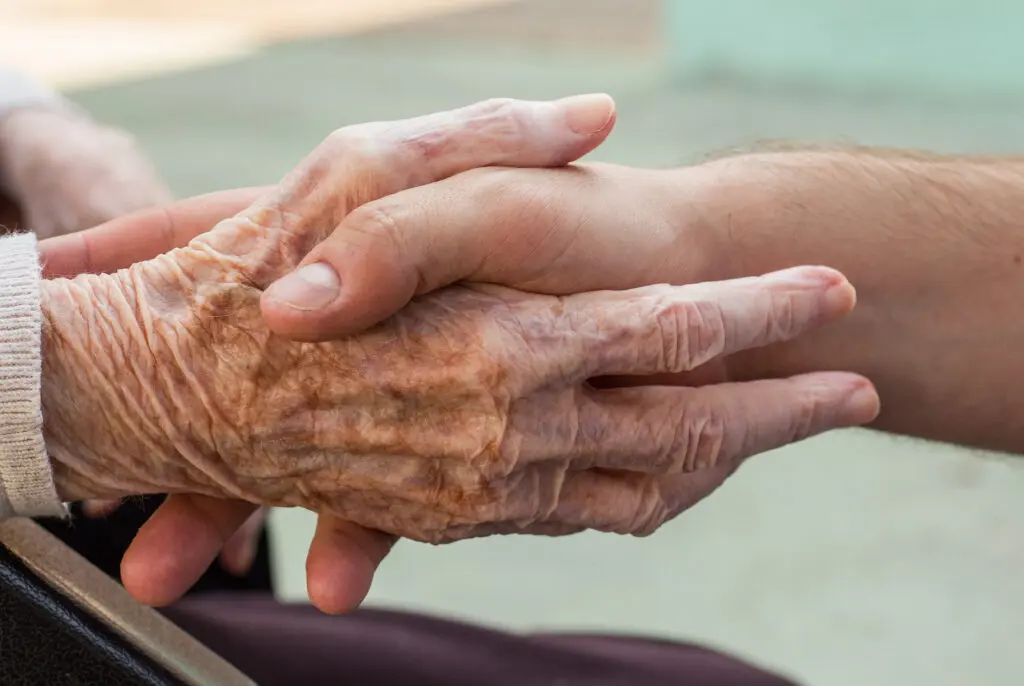Caring for the less fortunate is a vital part of our faith. Bible teachings tell us that God expects us to care for the poor. We also learn that wealth or accomplishment requires responsible generosity and kindness to others.
Moreover, God does not take injustice to the poor lightly. His expectation is for us to act with compassion and righteousness. These lessons challenge us to care for the needy with the same love that God shows us.
What the Bible Teaches Us
The Book of Amos (2:6-10, 13-16) criticizes Israel at the time for not helping the vulnerable. God reminds them of His power and their duty despite their neglect. He recalls leading them from Egypt as an example of His love, which they should mirror by helping others.
Psalm 50 tells us to remember and follow God’s laws, praise Him, and live rightly.
In Matthew’s Gospel (8:18-22), Jesus explains that following Him means sacrificing and prioritizing God’s kingdom above everything.
These texts teach us that our faith involves more than personal devotion. It requires showing kindness, mercy, and fairness to others. God’s word reminds us to appreciate our blessings and share love and help with those in need, especially the vulnerable.
It’s About Human Care
Caring for people experiencing poverty is essential, not simply because they are poor. Also, it is not because we want to be their savior—a temptation we must watch and avoid. Instead, it is because they are humans like us. This perspective about the poor is an essential aspect of our mission at GVM.
The Church teaches us to see the poor as Christ does. The homeless, victims of human trafficking bearing scars of abuse, vulnerable immigrants, or those without clothing or food are not just numbers; they come from families like ours. They have feelings and emotions, equal to us in every way. Furthermore, numerous individuals endure mental conditions that lead to ongoing poverty. These people, among many others, are just like us, but for grace.
The widow and beggar could have been any of us. They are our brothers and sisters in Christ. Jesus even said, “‘Truly, I say to you, as you did it to one of the least of these my brethren, you did it to me” (Mt 25:40). This instruction to care for the poor is fundamental to our faith, which calls for loving God and one another. People experiencing material poverty are part of us. God loves them dearly, and so should we.
Today’s Lessons
Recognize Our Shared Responsibility: In a world with a growing wealth gap, we, as a community, must remember our blessings come with the responsibility to help those less fortunate. Together, we can make a significant difference.
Saint Paul encourages us to excel in generosity, reminding us that just as our wealth benefits others, so too does the spiritual wealth of the poor benefit us. The key, as Saint Paul suggests, is understanding our equality even in the act of giving (2 Corinthians 8:7-15).

Be Fair and Kind: We should strive for fairness, offering everyone the same chances and opportunities to have a meaningful life. Begin from where you lead, for to change the world we must begin from where we live, work, or lead. Like the prophet Micah once famously said, “what does the Lord require of you but to do justice, and to love kindness, and to walk humbly with your God?” (Micah 6:8).
Acting in justice means advocating for the same opportunities for everyone while loving kindness means demonstrating compassion, not just in words but in actions. Walking humbly with God requires always remembering that we wouldn’t be where we are today without grace. Let’s be fair and kind, for that’s what our faith calls us to be.
Follow Jesus’ Example: Jesus showed love for those in need. When we help the less fortunate, we are serving Jesus Himself (Matthew 25:40). Let’s be inspired by the Lord’s example and motivated to follow in His footsteps.
Take Action to Help Others
Let’s promise to help those in need, not just as a kind gesture but as a way to show love, faith, and commitment to following Jesus. We should open our hearts to God’s guidance and be motivated to serve others passionately.
This week, think about ways to help less fortunate people in your area. You could donate, volunteer, or do something kind to make a difference. Every little bit helps. Here at Gratia Vobis Ministries, we plan to provide a month-meals for 1000+ needy families next year. Don’t hesitate to contact us if you want to know more or be part of it.
We can create a community that reflects God’s love, justice, and fairness by working together in caring for the poor. May God bless and lead you in helping those in need. Amen.
God love you. God bless you.
[Readings for Monday Week 13: Amos 2:6-10, 13-16; Matthew 8:18-22]
